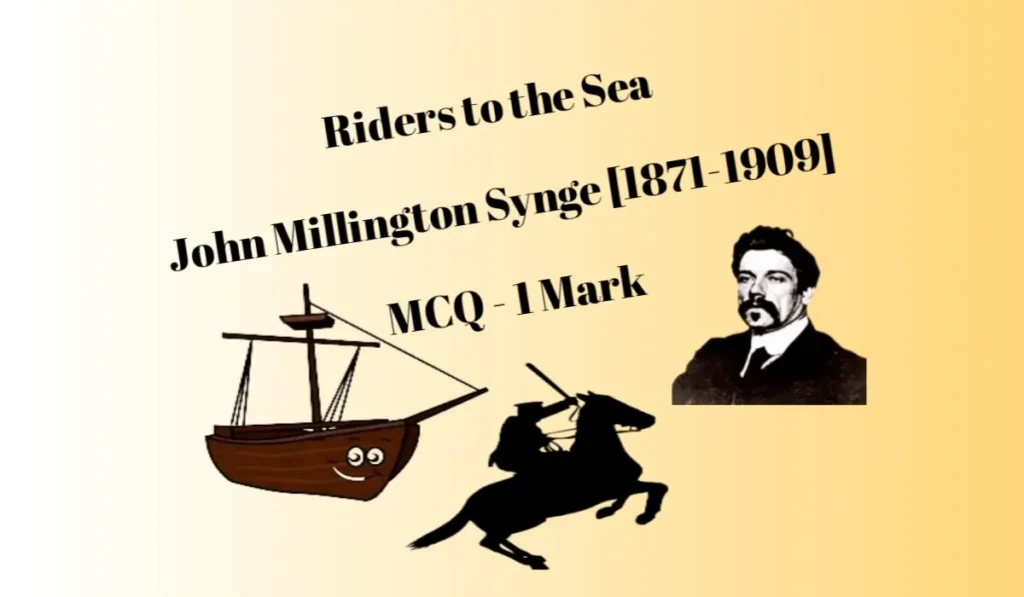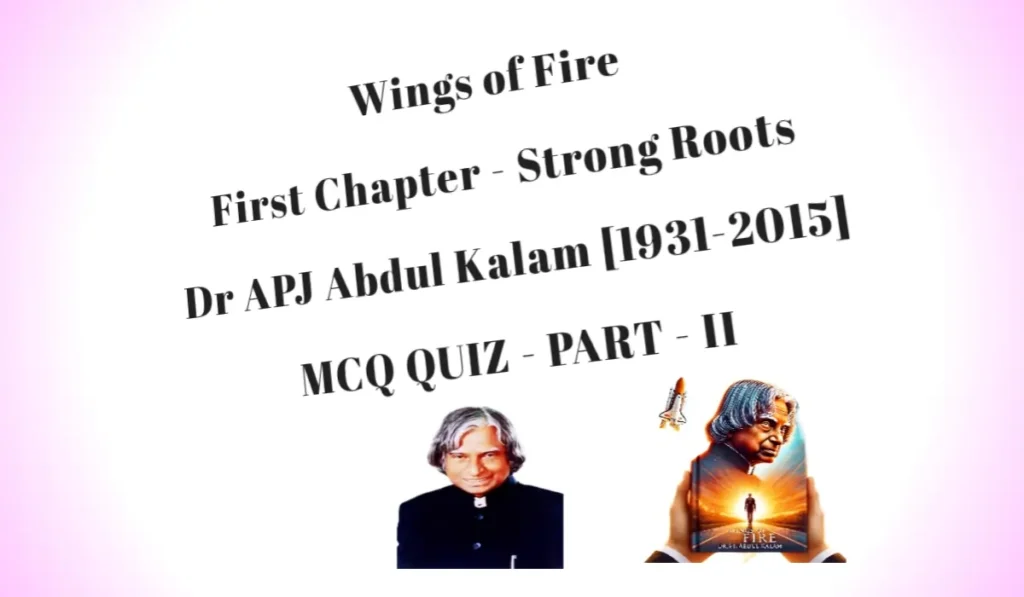Question : Essay-type
Evaluate the contribution of James Joyce as a modern novelist.
Introduction
The novel has emerged as the most dominant form of literature in the twentieth century. In fact the first half of this century has witnessed a more revolutionary change (takes place in the field of fiction) than in the previous 600 years. In fact, the novelists like Henry James, James Joyce and Mrs. Virginia Woolf have almost finished off the novel by doing away with the conventional element of story in it. They “turned fiction away from external to internal reality.” Their novels may be summed up as“voyages through consciousness”. They tried to catch the whole of the thoughts in their flow to arrest and examine them. They wrote what may be technically described as “Stream of Consciousness Novel”.
Contribution of James Joyce
James Joyce (1882–1941) is the greatest of the novelists of the modern English fiction. He is the unique man in the realm of modern fiction. His contribution to the growth of novel cannot be altogether denied. Though his works are less in number but they are sufficient enough to mark his brilliant and verbal skills as well as ingenuity. His works are sufficient enough to bring his name into fame. He has become a celebrity by his three works.
The three novels accredited to his name are– “A Portrait Of The Artist As A Young Man(1916)”, “Ulysses (1922)”, and “Finnegan’s Wake(1939)”. All these novels are very important addition to modern English fiction and stand out as outstanding literary achievements. Joyce applied a totally different technique and style in these works.
A Portrait Of The Artist As A Young Man
James Joyce’s novel, “A Portrait Of The Artist As A Young Man” is his first book of fiction. As Joyce’s first book of fiction and more importantly as the first novel written in the so called ‘stream of consciousness’ technique, this novel set a new trend in the world of psychological novels. Here in this novel we find an intensely moving account of the internal struggles of an artist torn between the standards of an ascetic upbringing and his desires for the beauties of art.
Ulysses
Stephen Dedalus appears again in “Ulysses”, a study of life and mind of Leopard and Marion Bloom during a single day. It is modelled on Homer’s “Odyssey”, but it is set in the squalor of Dublin’s slums. In the two works, there are three main characters are portrayed with a grand mastery and made intensely psychologically interesting. The likeness are deliberately invoked to stress the sordid meanness of modern life as contrasted with life in the heroic age. The‘Stream of Consciousness’ technique is used here with a great effectiveness. The new technique can be illustrated by the famous episode in James Joyce’s “Ulysses” when Leopard Bloom attends a funeral thinks pass through his mind as he watches the coffin descending into the grave. It is a short of running reverie, a silent soliloquy. Eliot’s memorable poem, “The Waste Land” published in the same year. It presents a similar view of the hopeless dilemma of man in the Post-War World.
Finnegan’s Wake
Joyce’s only other novel was “Finnegan’s Wake” in which he has developed his technique to a point where subtly and complexity produced a short of incomprehensibility. Is is a study of the history of the human race of its earliest beginning, as seen in the incoherent dreams of Joyce’s Dublinian hero. The use of private vocabulary adds to the confusion.
Joyce is a serious novelist, whose concern is chiefly with human relationships. He was acutely aware of the human pitiness and meanness of modern society. He is a keen and subtle analyst of man’s inner consciousness, and in common with the psycho analyst of his day. He is much more preoccupied with sex.
Joyce’s Style And Technique In Writing
In the use of new technique, Joyce is a pioneer. His led has been followed by many major writers. He was a ceaseless experimenter. In his use of ‘Stream of Consciousness’ technique, he went further and deeper than any period of our literature.
Joyce contributed a great deal to a greater subtly in handling characters, a great flexibility in dealing with time, and delicacy of psychological perception. He frequently becomes incomprehensible in his attempt to delicate and elusive shades of feeling and fix them in words.








